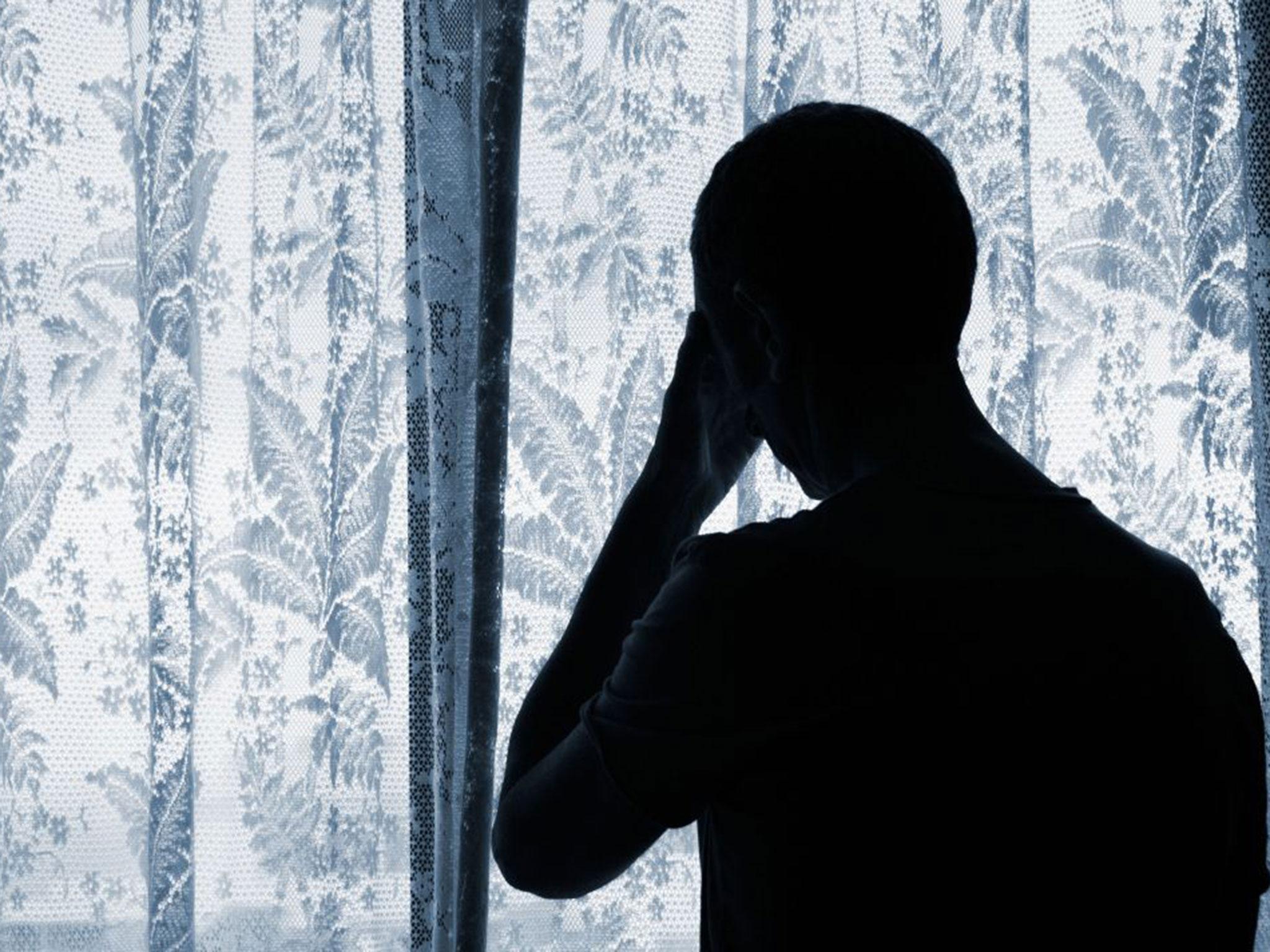Your support helps us to tell the story
From reproductive rights to climate change to Big Tech, The Independent is on the ground when the story is developing. Whether it's investigating the financials of Elon Musk's pro-Trump PAC or producing our latest documentary, 'The A Word', which shines a light on the American women fighting for reproductive rights, we know how important it is to parse out the facts from the messaging.
At such a critical moment in US history, we need reporters on the ground. Your donation allows us to keep sending journalists to speak to both sides of the story.
The Independent is trusted by Americans across the entire political spectrum. And unlike many other quality news outlets, we choose not to lock Americans out of our reporting and analysis with paywalls. We believe quality journalism should be available to everyone, paid for by those who can afford it.
Your support makes all the difference.The prevalence and severity of mental ill-health among students on the nation’s campuses has been increasing and continues to rise, according to a report.
Comparing 2014 to 2015, 80 per cent of UK universities highlighted a noticeable increase in complex mental health crises among their student population.
The report has been put together for the vice-chancellor of the University of York (UoY), Koen Lamberts, by the institution’s student mental ill-health task group. University surveys were carried out by AMOSSHE, the association representing university student services.
AMOSSHE said that, overall, almost 90 per cent of academic staff reported working on student incidents that had escalated to involve external authorities throughout 2015.
Findings have shown NHS mental health services are “regularly failing” to meet the needs of vulnerable people, including students, and warn: “Within the higher education sector, evidence from student services leaders points to serious gaps in mental health provision, with delayed and inappropriate NHS support for students in need of care.”
The three factors which have been cited for the rise in student mental-ill health over the past decade are the rising costs associated with higher education, a more difficult labour market post-graduation, and the rise in digital technology which has resulted in cyberbullying.
Although the report references figures for just over 50 universities, the scale of the problem has been highlighted at UoY.
According to ambulance call-out figures - from 1 January to 8 February 2016 alone - from the 24 emergency call-outs the university received, half were for self-harm or suicide attempts.
Last year, 43 out of 134 emergency call-outs were for self-harm or suicide attempts.
In order to tackle the problem, UoY is aiming to enhance mechanisms for student feedback on current university mental health provision, establish an integrated website for mental health, ensure support for ‘first contact’ staff providing crisis support for students, and improve departmental capacity to support students also.
Furthermore, the university has said it wants to take a proactive approach to social media abuse in order to challenge the issue of cyberbullying.
Ben Leatham, president of York University Students’ Union (YUSU) and one of the report’s authors, described how the statistics set out in the report are “concerning” and set out “a compelling case” for action from the university, the NHS, and the city.
He said: “Students in York - like elsewhere in the country - increasingly need support with their mental health. University of York management has listened to the concerns raised by students and are taking action to try and tackle the challenge. I commend them for that.”
Mr Leatham said the report is “a huge step forward” and has, rightly, been well-received by students. He added: “Alone, though, it will not solve the major mental health challenge that we have in York, it is only a first step.
“Real change and improvements to the quality and quantity of services will take time and will rely on further investment. This issue is close to the hearts of University of York students, and we will be watching progress with interest.”
Professor Koen Lamberts, university vice-chancellor and president, commissioned the York’s student mental-ill health task group to consider actions the institution could take to better support students whose wellbeing is compromised by mental ill-health.
He welcomed the clarity of the recommendations and pledged his personal support for their “swift implementation,” adding: “This is a very important issue for the university, and I look forward to working with colleagues from academic and support departments as we put in place the report’s recommendations.”
If you’re a student and feel you need help or support while at university, contact your university’s student services or students’ union advice service. You can also find out more about mental health support at Student Minds

Join our commenting forum
Join thought-provoking conversations, follow other Independent readers and see their replies
Comments